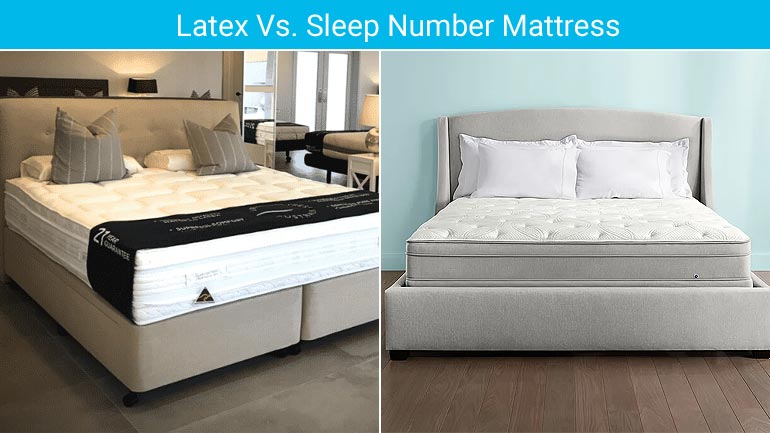 Having trouble sleeping at night? Can’t get any comfort and sleeping pills aren’t helping? Maybe you should consider getting a new mattress. Old mattresses can cause poor sleeping patterns and a tonne of sleeping issues. How will you know if you need to replace your mattress?
Having trouble sleeping at night? Can’t get any comfort and sleeping pills aren’t helping? Maybe you should consider getting a new mattress. Old mattresses can cause poor sleeping patterns and a tonne of sleeping issues. How will you know if you need to replace your mattress?
Here are Signs that you need to replace your mattress
If your mattress is more than 7 years old
Do you remember when you bought your last mattress? Most mattresses have a lifespan of an average of 7 – 10 years depending on the mattress type, manufacturer, and how you use it. High-quality mattresses have a longer lifespan than low-quality ones.
Mattresses are not designed to last forever which means normal use will age your mattress. If you use it with your partner or are a bit overweight then your mattress might wear out faster. Excessive use can wear and tear your mattress, reducing its lifespan.
The mattress is saggy
Body impression and dents are signs that your mattress is sagging. Dents occur when springs break down and lose resiliency while impressions occur when polyester, felt and foam mattresses compress where you sleep the most.
Sagging occurs with most mattress materials over time. It can cause discomfort during sleep, disrupt your sleep and lead to pain in your muscles, joint and back.
The mattress is noisy
Screeching metal sounds and squeaking sounds are clear signs that your mattress should be replaced. This happens to innerspring mattresses. When fairly new, it can be possible to fix screeching sounds by tightening the bolts but this can also mess with the integrity of your mattress. A noisy mattress means it is starting to get old and is not as supportive as it was before.
Bad odour, Dust Allergies, and asthma
Over time, some mattresses tend to build up mold, fungi, and mildew due to environmental factors like humidity or poor personal hygiene. This can lead to an unpleasant smell coming from your mattress. Your mattress color looks fade after using it for years like dark purple mattress color changed to light purple.
When dust mites, mold, and mildew invade your mattress, they can trigger your allergies or make your asthma worse. How will you know/ you may exhibit symptoms like watery eyes, runny nose, headaches, skin allergies, and more when you are asleep and immediately when you wake up. The best solution is to get a new mattress.
The mattress is uncomfortable
Sometimes, it’s hard to tell if your mattress is comfortable or not because many people adjust to the discomfort. If you get better sleep anywhere other than your mattress like your couch, it is a clear sign you need to replace your mattress.
Even brand new mattresses can cause discomfort and disrupt your sleep. Not all mattress designs will satisfy everyone’s sleeping needs. A mattress is meant to support your body and provide pressure relief.
You wake up sore, stiff, and unsatisfied with sleep.
Old mattresses lack in providing power alignment and support for your body, especially when it comes to your back. This causes poor sleep and may contribute to soreness, stiffness, and chronic back pains. You may also experience pain in your shoulders, hips, and neck due to pressure when you sleep sideways.
If stretching and exercise can’t solve your back problems then you should definitely change your mattress. Get help from experts on the proper type of mattress for your before you make any final purchases.
When your sleeping situation changes
Changes like pregnancy change in weight, health issues, and getting a new partner with who you share a bed will require you to get a new mattress. Even if the mattress you currently have is in good condition, it may not be able to support your current condition. Take weight gain due to pregnancy, for example, your current mattress may not be firm enough or have enough pressure to support you, and this can lead to serious health issues.
Final word
When it comes to choosing the perfect mattress, everyone has different needs. When choosing a mattress, you should always consider your weight, height, body type, sleep position, and other factors. You’ll know it’s time to replace your mattress when you are no longer having a good night’s rest or you have had it for longer than 8 – 10 years.




